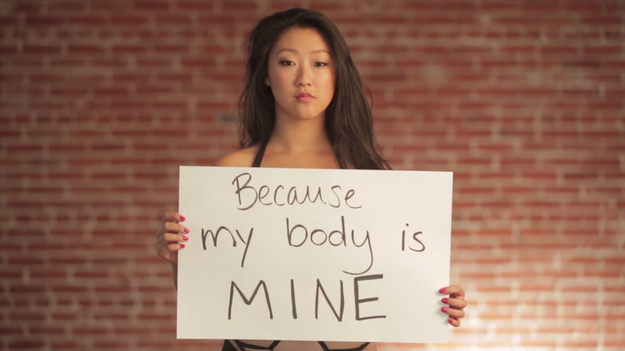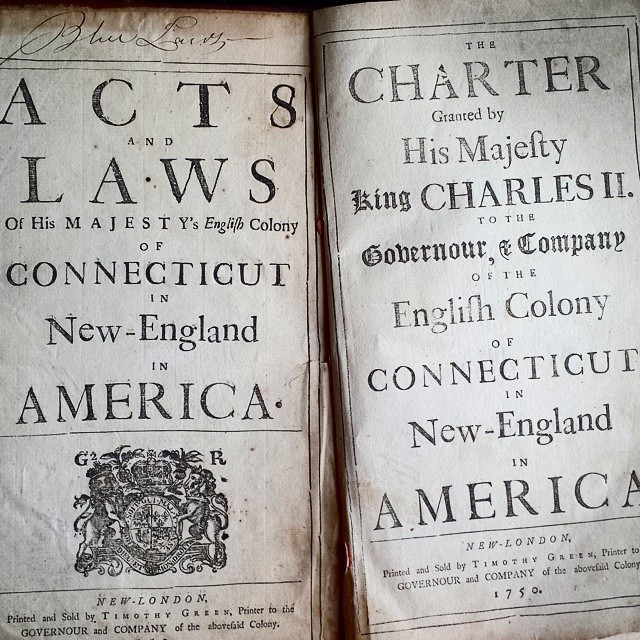
If it’s 9:45 on a Thursday, and you are making property law flashcards, you might be studying for the bar.
I wouldn’t know about this stuff either unless I was doing it. In fact, no one should know about it because it should be banned, because it’s evil and stupid and we all hate it.
Anyway, for those of you that don’t know I’m in the middle of bar prep – aka all finals and tests and stresses you’ve ever gone through in your life jammed up into two months of studying. It’s been a blast.
For you lucky suckers that aren’t involved in the bar, I thought I would take a few minutes to complain inform you on this magical horrible process.
1. What is this test?
Passing the Connecticut Bar exam is one step to becoming a lawyer in my home state. The other steps include earning a law degree at an approved school, passing an ethics test or ethics course, and passing the bar committee’s extensive standards regarding my background (everything from criminal history, to mental health background, to employment records, to credit checks).
Every single state is annoyingly different (from a legal perspective) in these beautiful country, which means almost every state has a different bar exam. In Connecticut, it looks like this:
Day 1 (July 28) – 2 MPT essay questions in the morning (requiring us to read facts, review documentary evidence, read case law and statutes, and assemble them into some organized presentation), and 6 essay questions in the afternoon, in 7 hours, including lunch.
Day 2 (July 29) – 100 multiple-choice questions in the morning, 100 multiple-choice questions in the afternoon. This is again 7 hours, including lunch.
Day 3 (July 30) – sleep and/or celebrate and try to forget about this whole thing.
We get our results in October, and we will (hopefully) get sworn in by the Connecticut Supreme Court in November. But we’re getting ahead of ourselves…
2. What are you tested on? (a.k.a. Why is this exam so stupid?)
Good question! The exam is stupid because it tests you mostly on national common law, which is also known as law that judges make, and is usually modified by statutes in each state. And, even though it’s a test for Connecticut, and I’ll be practicing Connecticut law, I’m not tested a whole lot on Connecticut law, common or statutory.
The subjects in this test are really freaking broad, too, which is ridiculous because no one practices every area of the law – there’s too much! They even test you on federal civil procedure, which is totally unnecessary unless you are going to practice in federal courts. The test covers: Constitutional law, contracts, criminal law and procedure, evidence, federal civil procedure, real property, torts, administrative law, agency and partnership law, conflicts of laws, family law, trusts, commercial paper and bank deposits, secured transactions, and wills.
3. Why is studying so time-consuming? Didn’t you already learn this stuff in law school?
Yes and no. Most of these subjects I did study in law school, but some classes don’t cover every aspect of that subject. For example, in my Constitutional Law course, we ran out of time and had to only briefly glance at First Amendment issues, so studying that now is practically brand-new to me!
Also, most of these subjects (all the Day 2 subjects) we studied in the first year of law school, which was three years ago for me, but is even longer for some students. In other words, I’m trying to remember things I shoved into my brain to pass my first year, when law school was more about surviving that locking away the nuances of the rule against perpetuities for, well, perpetuity.
4. How do you study for this thing?
Most students take a class, either in the classroom or online. We have to pay for these classes, too, which are not at all cheap. My course is online, and usually consists of one lesson per day, Monday through Friday. The lessons are usually a review of a certain subject, where the professor attempts to squeeze one semester or one year of a course into a 4-12 hour lecture. You take notes, answer questions, and take a number of quizzes after each lesson. There are also skills lessons, to help you master strategies for handling different parts of the exam. Then in your “free time”, you write out rules, make note cards, write essays, and take more quizzes.
I’m also working while doing this, which is definitely not ideal. (Repeat: for anyone in law school now or planning on it, try to design your life around not working May through July of your bar summer.) I’m trying to cut back how much I work, but money doesn’t grow on trees, you know?
So between working, studying, church, family, and attempting to remember to take a shower every once in a while, my brain is practically mush. If you know someone who’s suddenly disappeared from the world, but when they do appear they laugh at things that aren’t’ funny, and get annoyed at things that aren’t annoying, they are probably studying for the bar exam. And you should roll with it.

Bar preppers are simple people – they don’t require a lot to get excited. Just a stroll down the street for some jelly beans will do the trick.
5. Well that sounds tough. How do you pass this exam?
It sounds ridiculous but, in my state, I only need 264 points out of a possible 400 to pass (that’s only about 66%). Half of that score comes from the multiple choice questions, half from the essays. Although that sounds like a D+ to most of you, it’s actually relatively difficult. Only 77% of the testers last July passed the Connecticut Bar exam, but 88% of the testers from my alma mater passed. I’m hopeful (and just about anyone who passes says this) that if I put the time in, I will be in that 88% percent. I’m tentatively certain I will never do this again.
So there you have it – more than you ever wanted or needed to know about bar exam prep. And for me fellow “preppers” (no, not this kind) out there – we will get through this! And hopefully, like they say about the pains of childbirth, it will all be worth it someday.
–debarbibee






